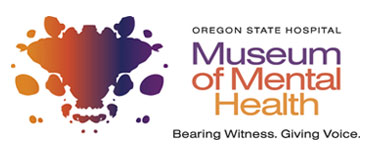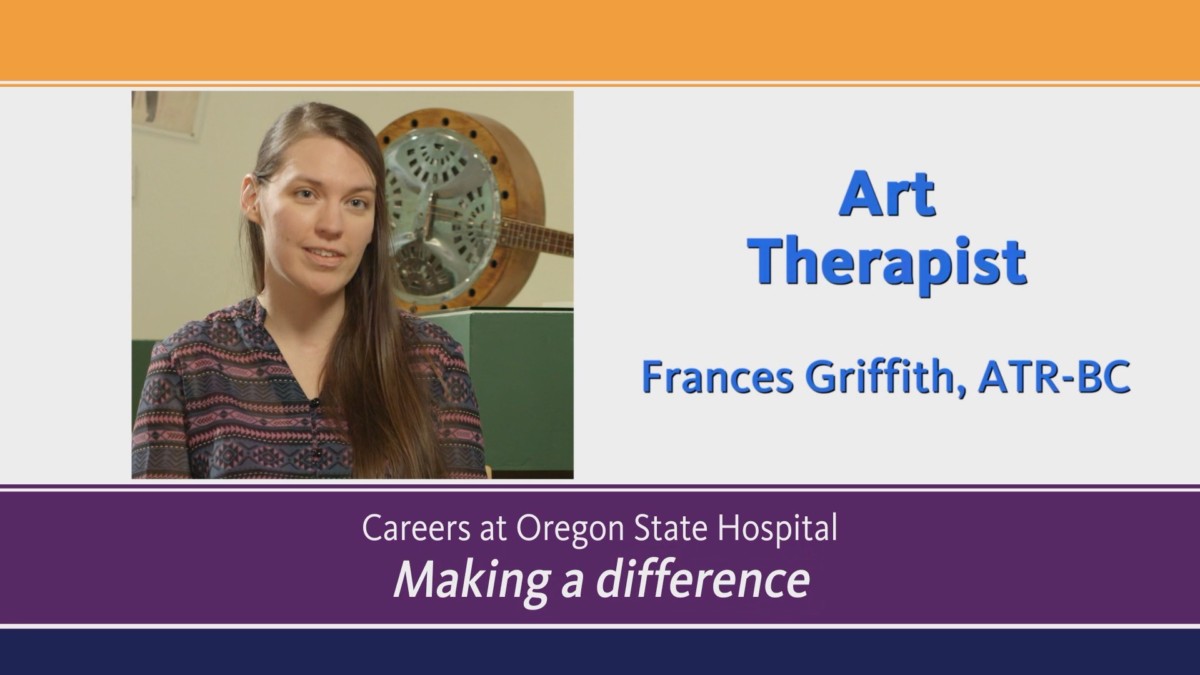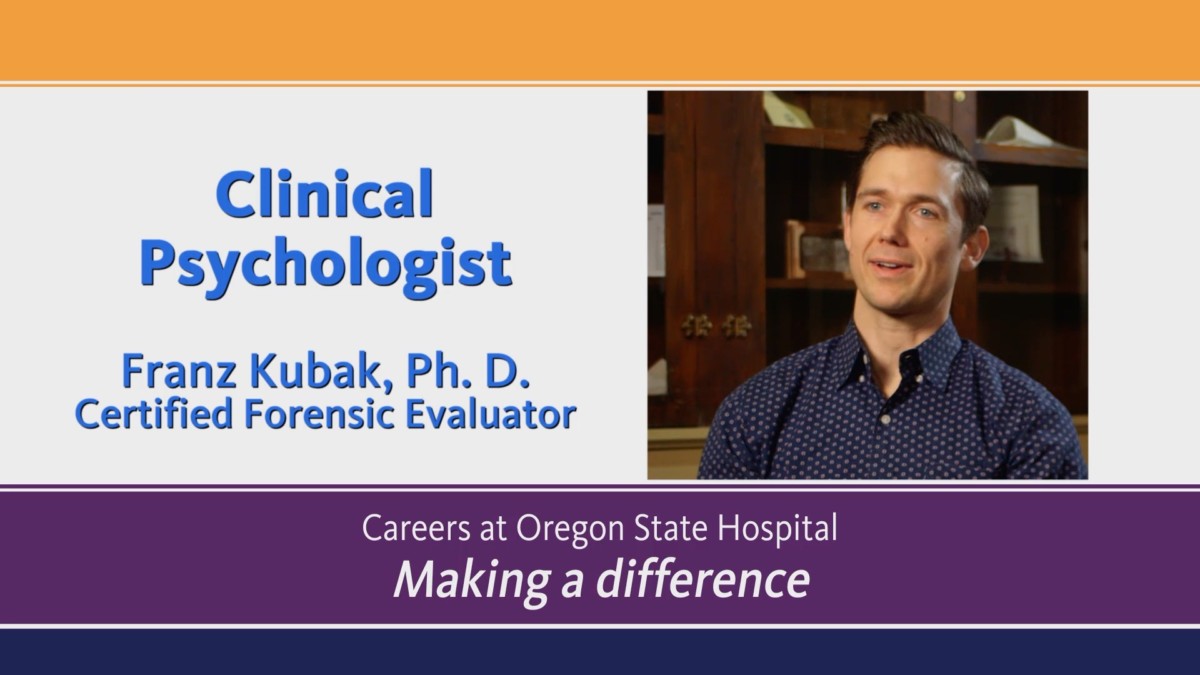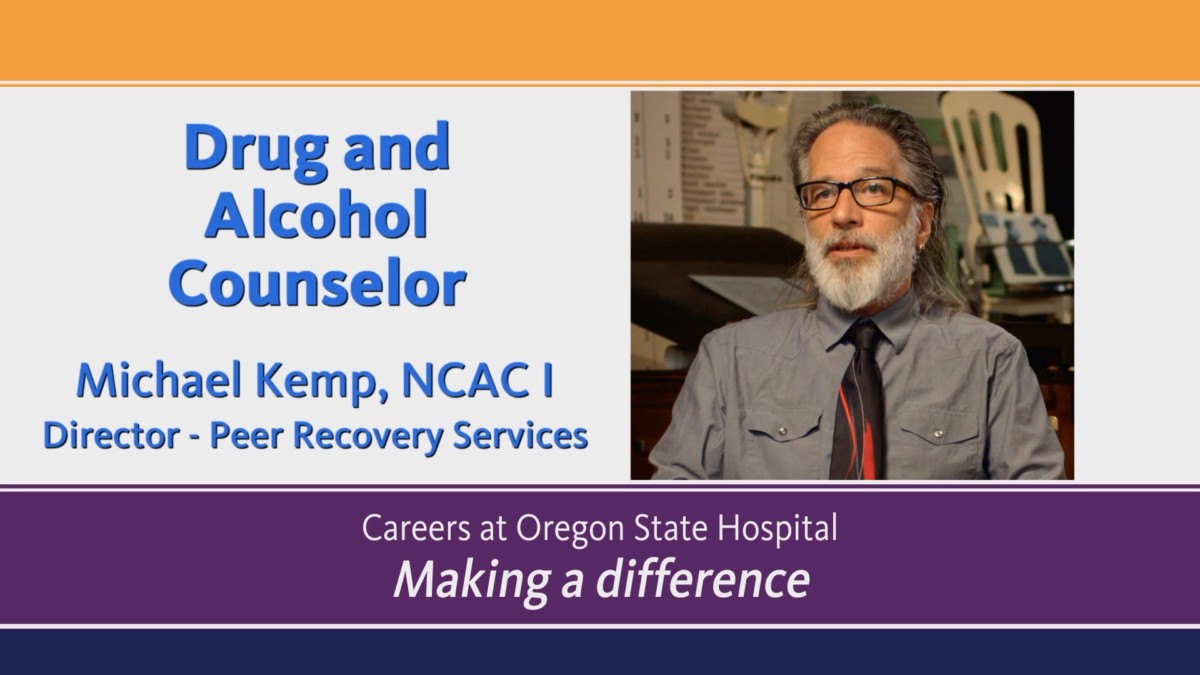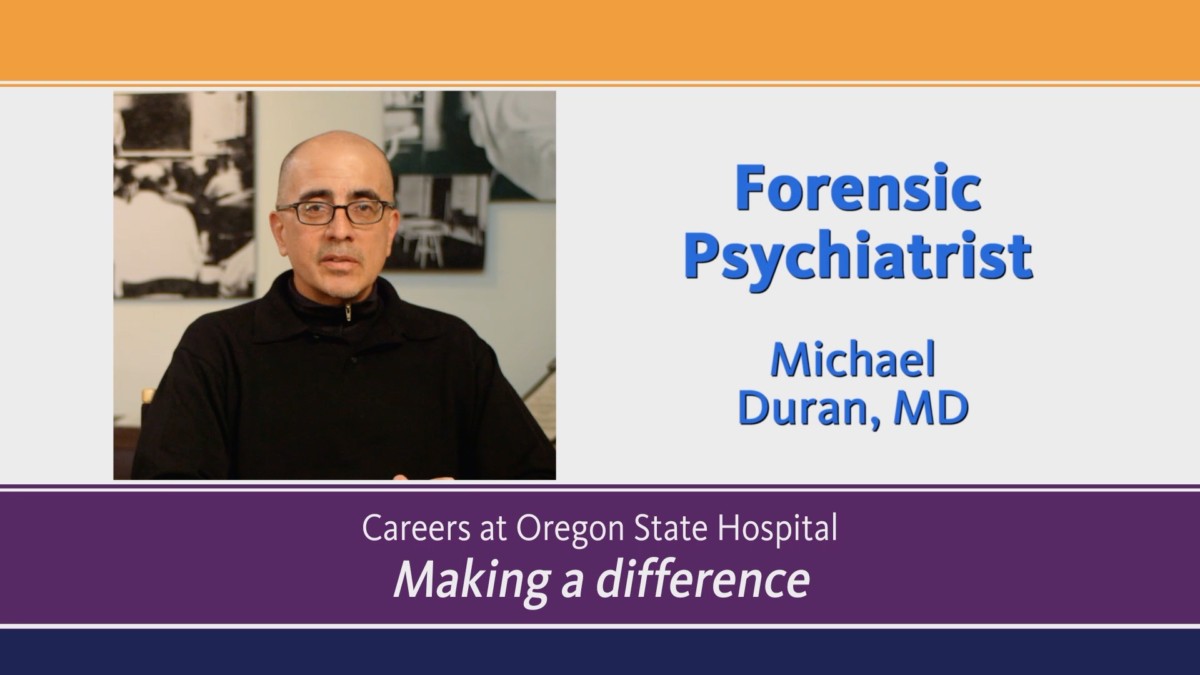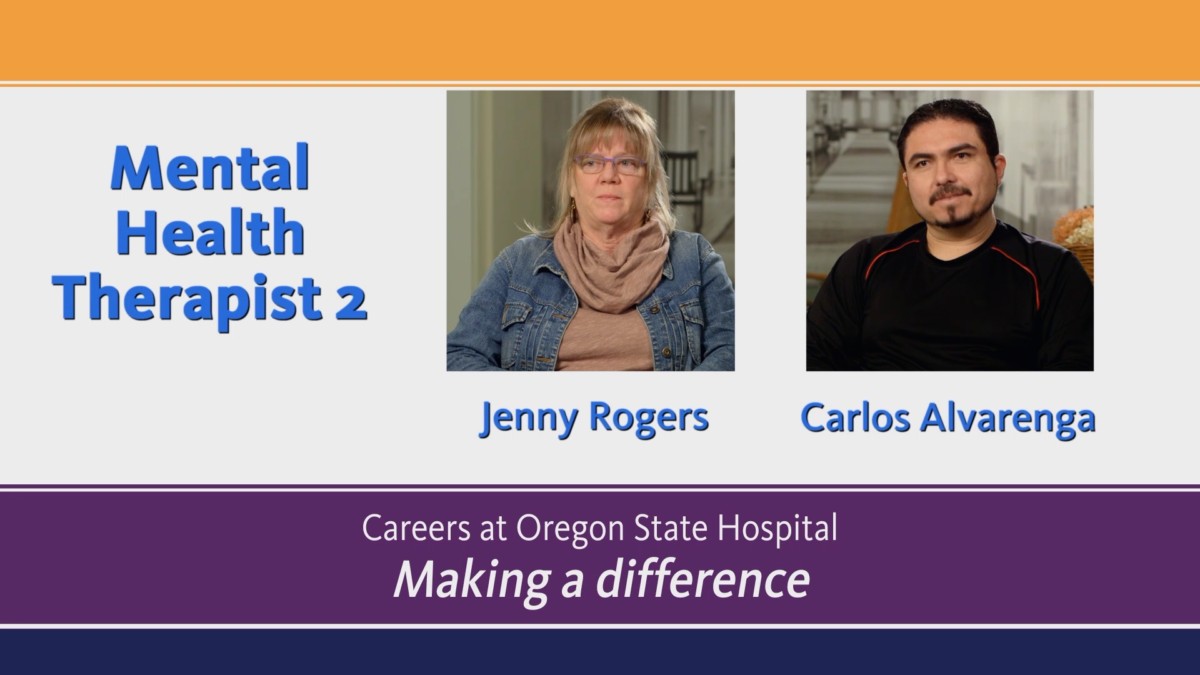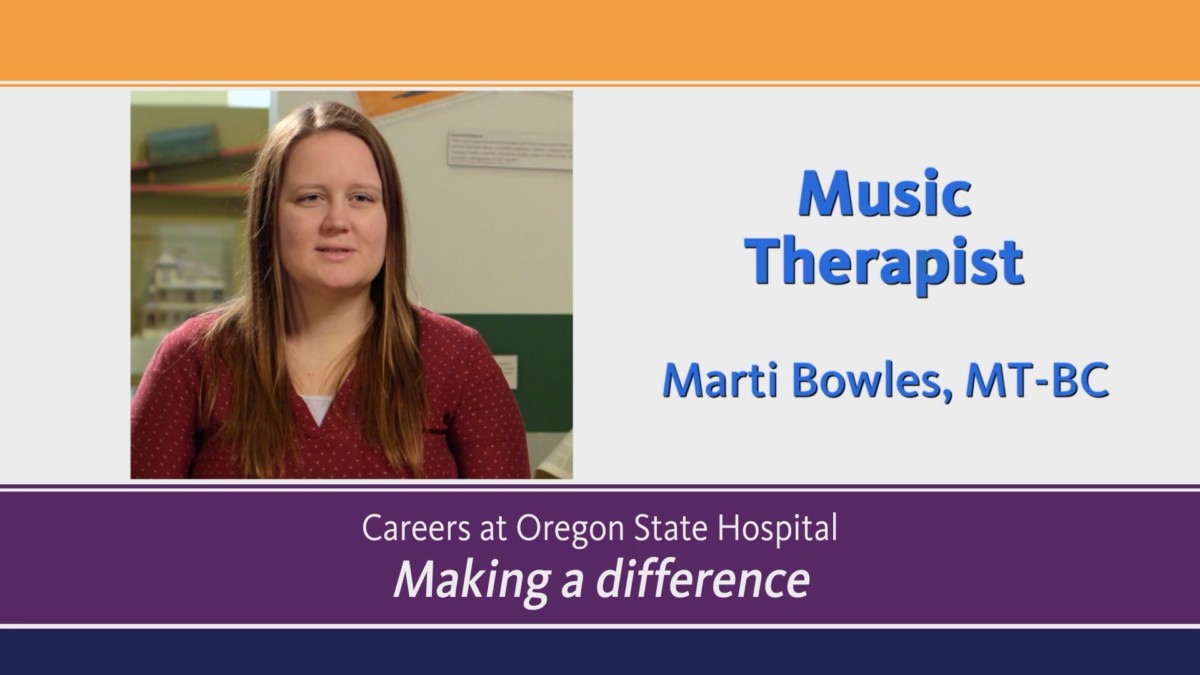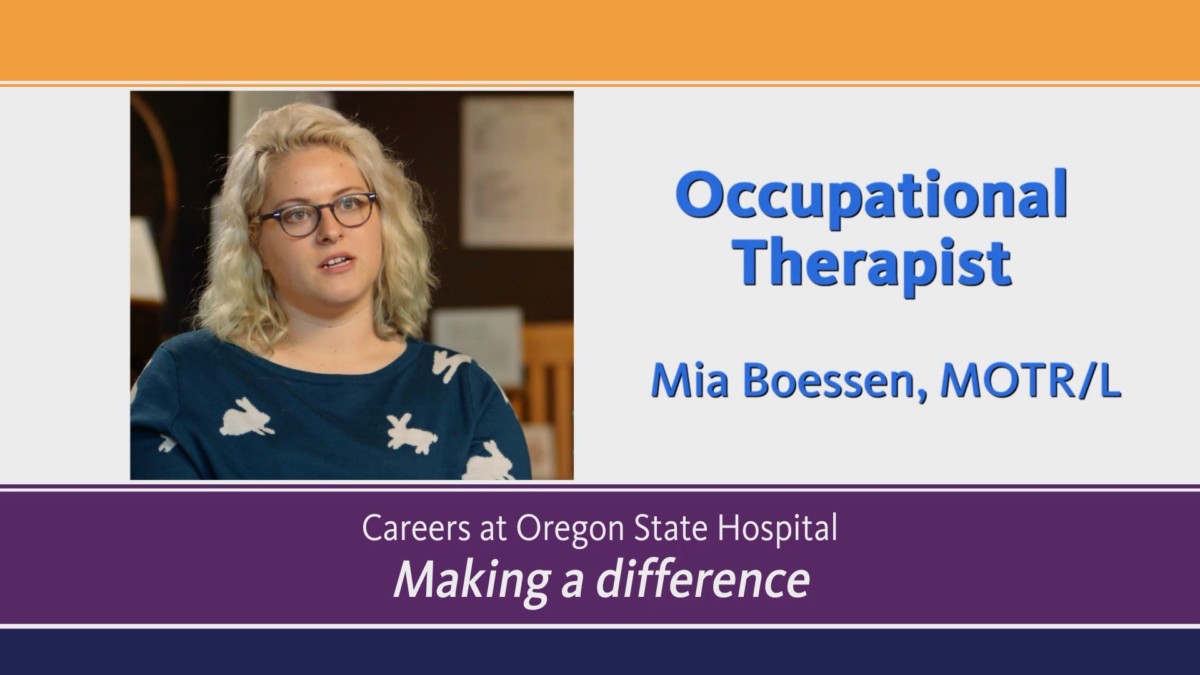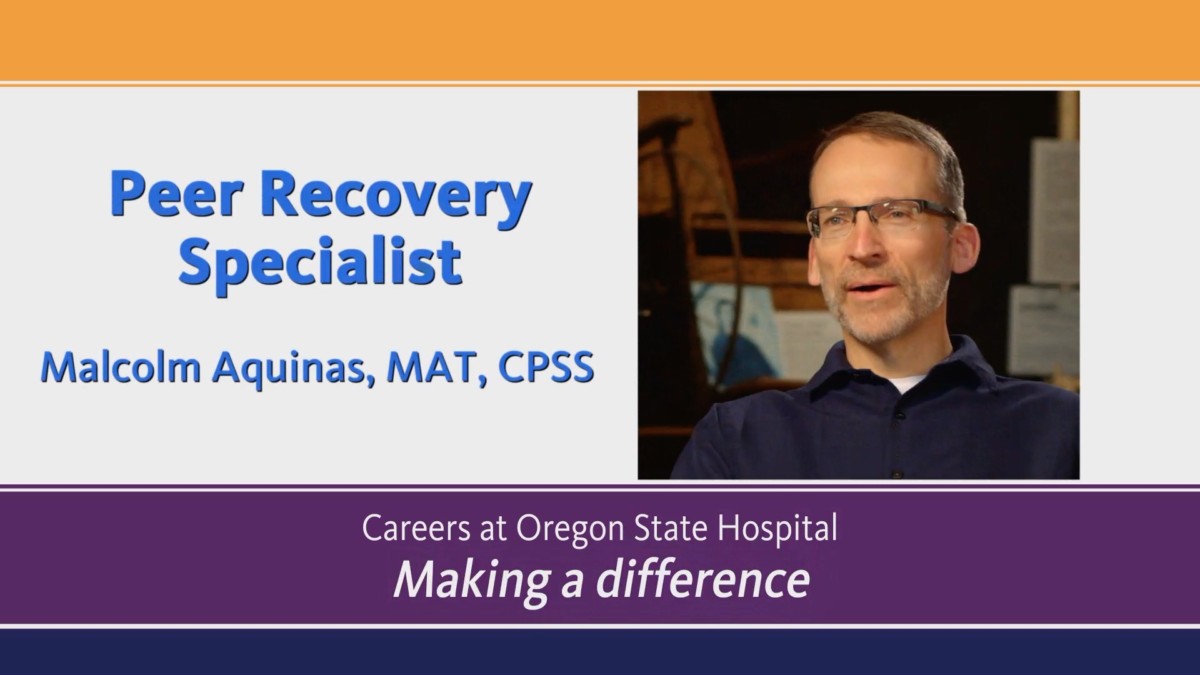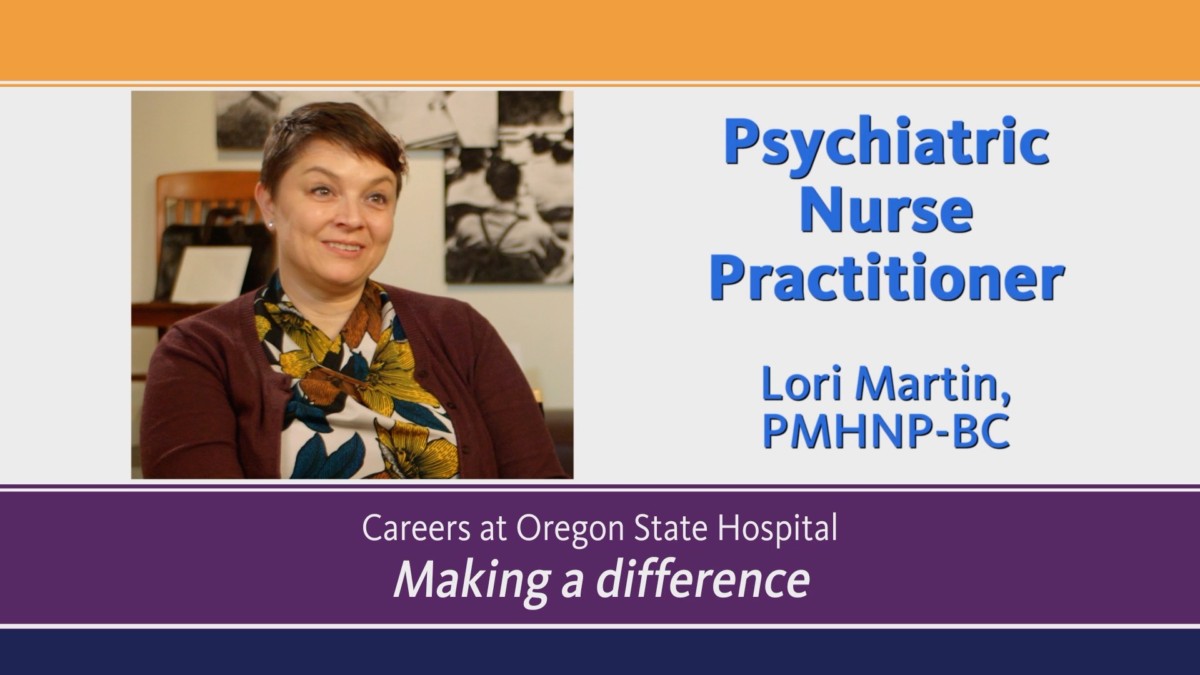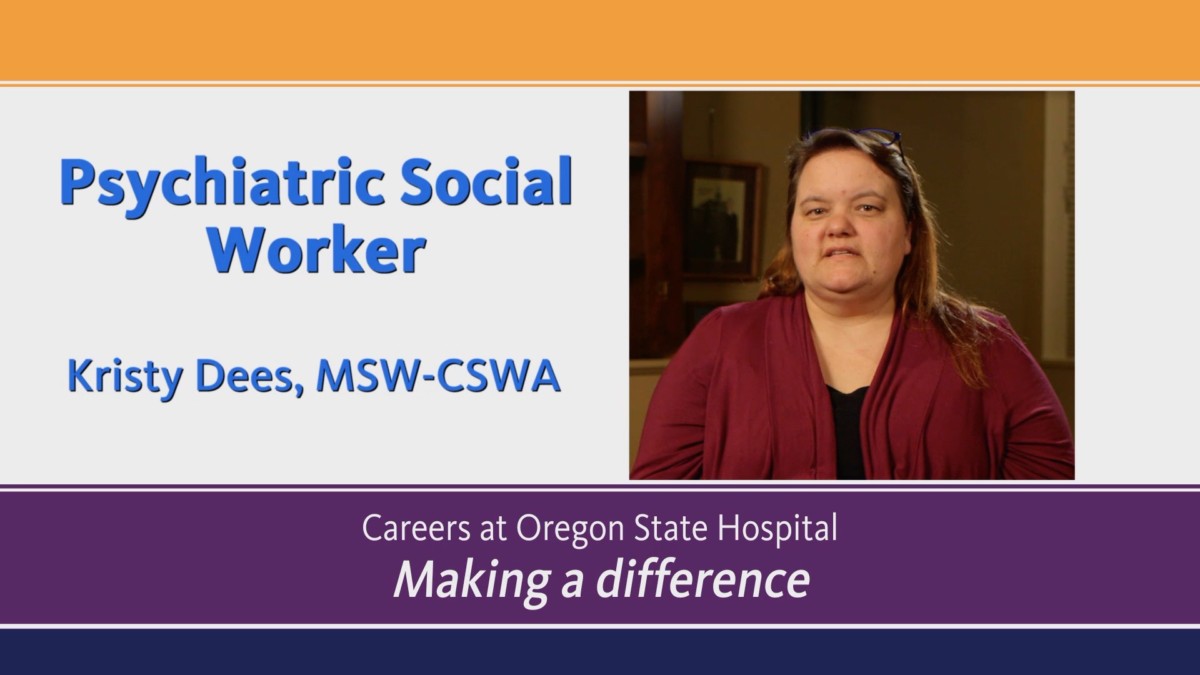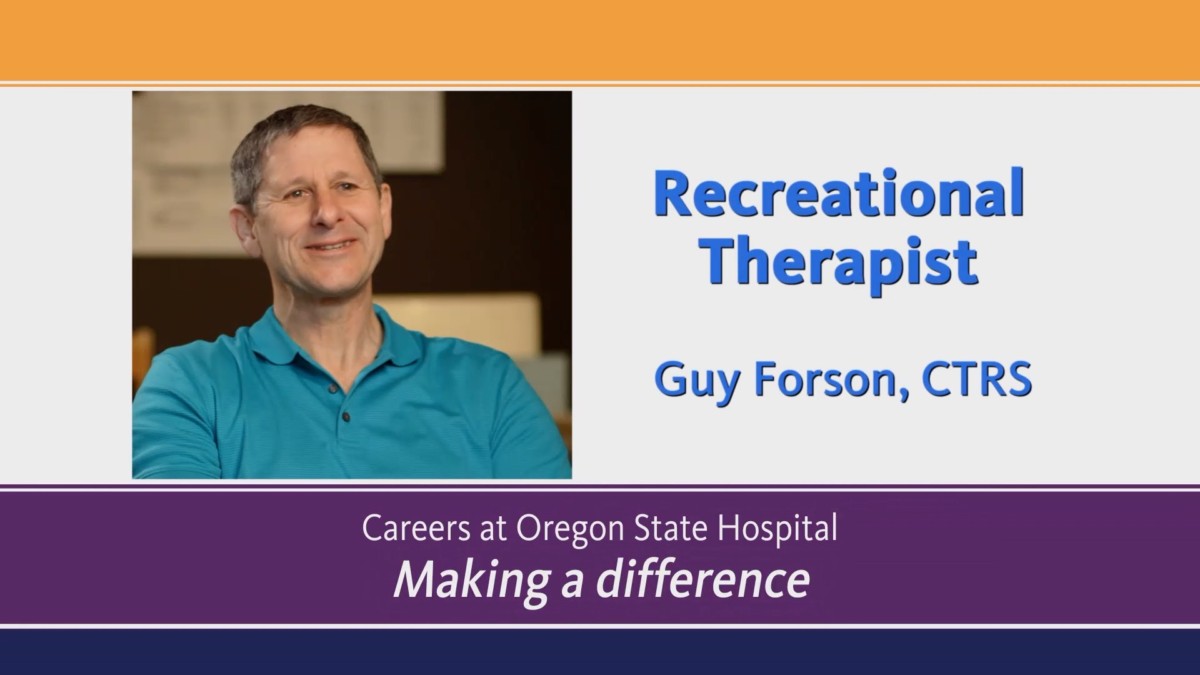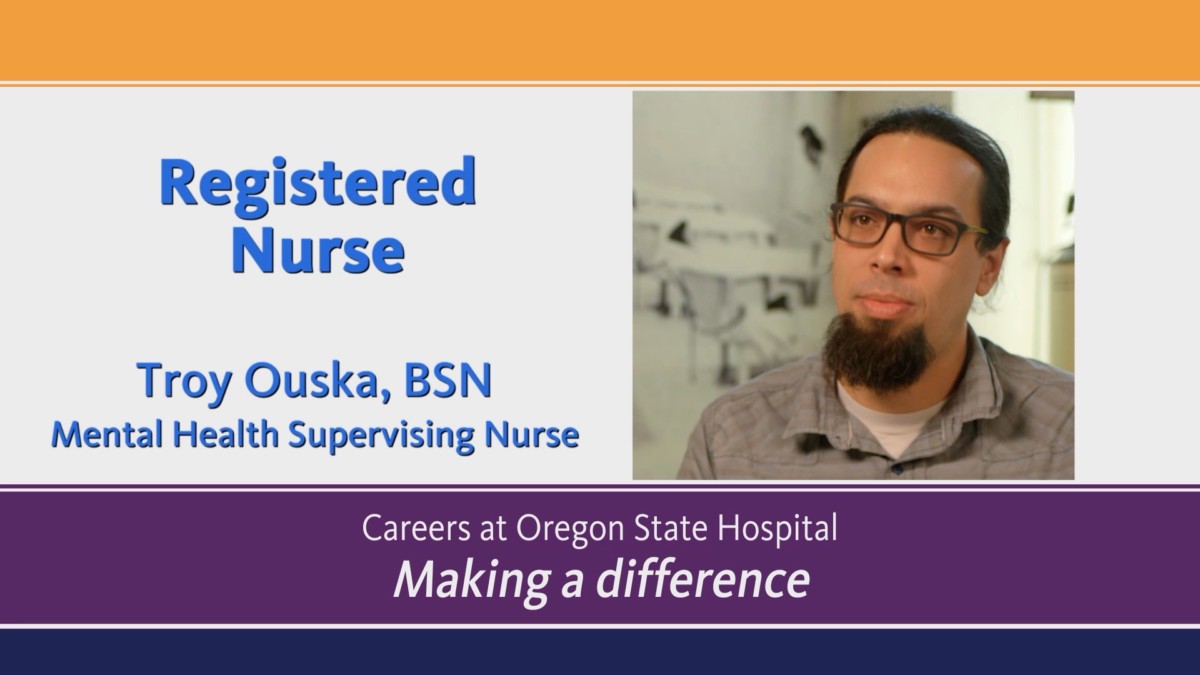Drug and Alcohol Counselor
Careers in Mental Health
Michael Kemp, NCAC I
Director – Peer Recovery Services
Generic Information
Overview
Drug and Alcohol Counselors work with patients to develop a trusting relationship. Together they explore the patient’s relationship to substance use and abuse in order to move forward with a treatment plan. The Counselor works as part of the patient-centered interdisciplinary treatment team to help set goals and develop an individualized treatment plan. They also act as an assistant to gather resources for the client to be successful after discharge. For many Addiction Counselors, this work can be personal as many have a personal history with substance abuse.
For more information on the educational pathway to this and other healthcare careers follow this Link to the Educational Resource page.
